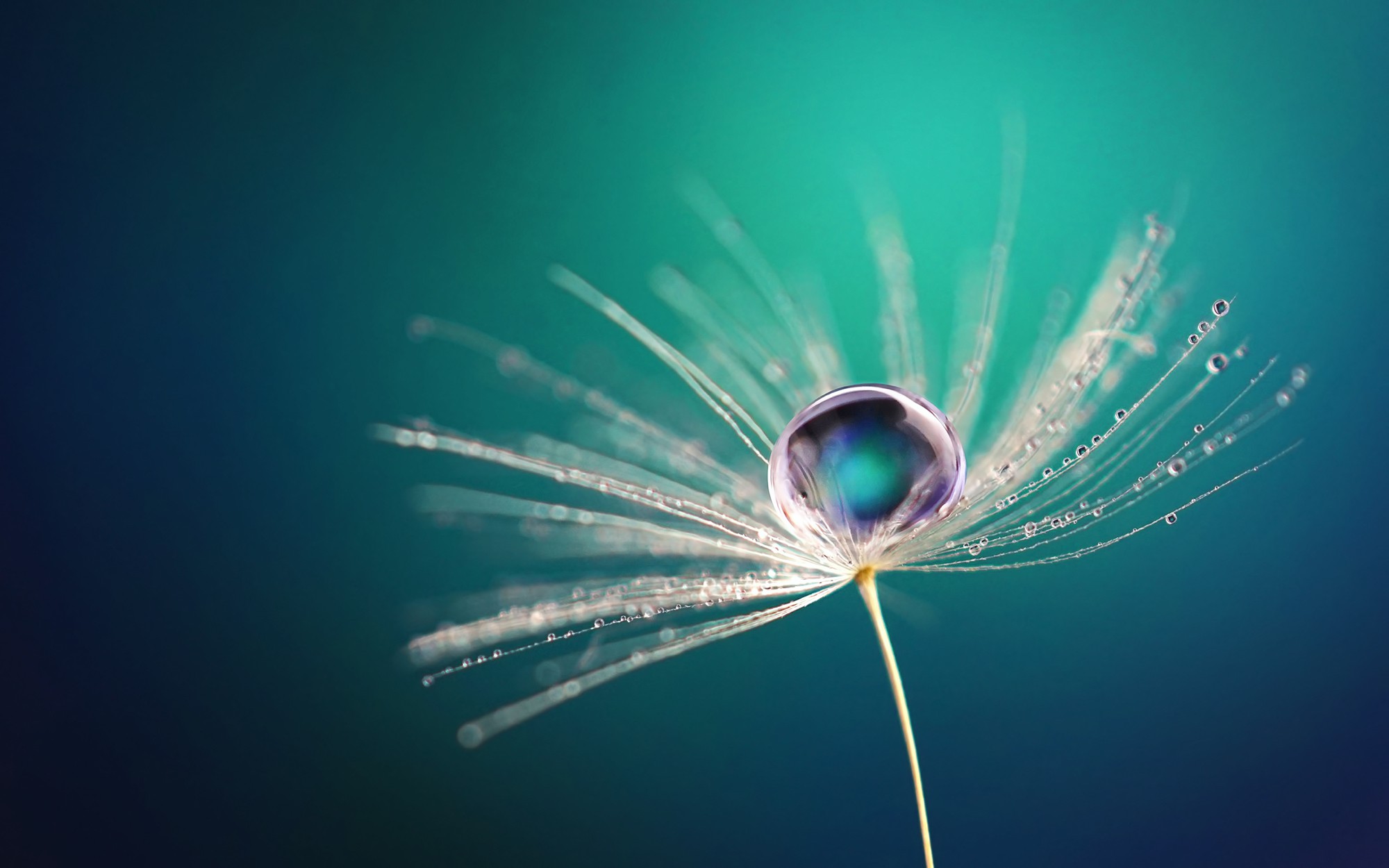
The amount of calcium and magnesium in the water determine the hardness of water. Both minerals occur naturally in groundwater. The more of these minerals that can be found in the water, the harder the water. And vice versa, fewer minerals in the water ensure soft water.
Calcium and magnesium are mainly found in types of stone such as lime and chalk. The hardness of water differs per place of residence. This has to do with the fact that the soil, and therefore also where the water is extracted, is different everywhere. And therefore the water can be harder or softer.
Hard water can cause scale deposits. When heating hard water, “scale” is created in the device with which you heat the water. That is the lime that you often see in your coffee machine or kettle. This scale build-up means that more energy is needed to heat up the water and can shorten the life of the appliance. This is bad for the environment and bad for your wallet. Soft water is water that does not contain (any longer) lime. This also prevents limescale deposits on your appliances and sanitary ware.
Using soft water has a number of advantages, such as:
Tap water is usually hard water In some households the water can be harder than in another household. This depends on where the water is extracted. If you would like to drink and use soft water, you can purify the water with ZeroWater. ZeroWater is the only filter system that gets the TDS value to 0. TDS means Total Dissolved Solids, or the total number of dissolved substances. This means that ZeroWater filters calcium, magnesium, iron, sodium chloride and sulphides from the water. The result is soft water. So it is very simple to turn hard water into soft water. In this way your appliances will last longer and you no longer have to remove limescale deposits when cleaning.